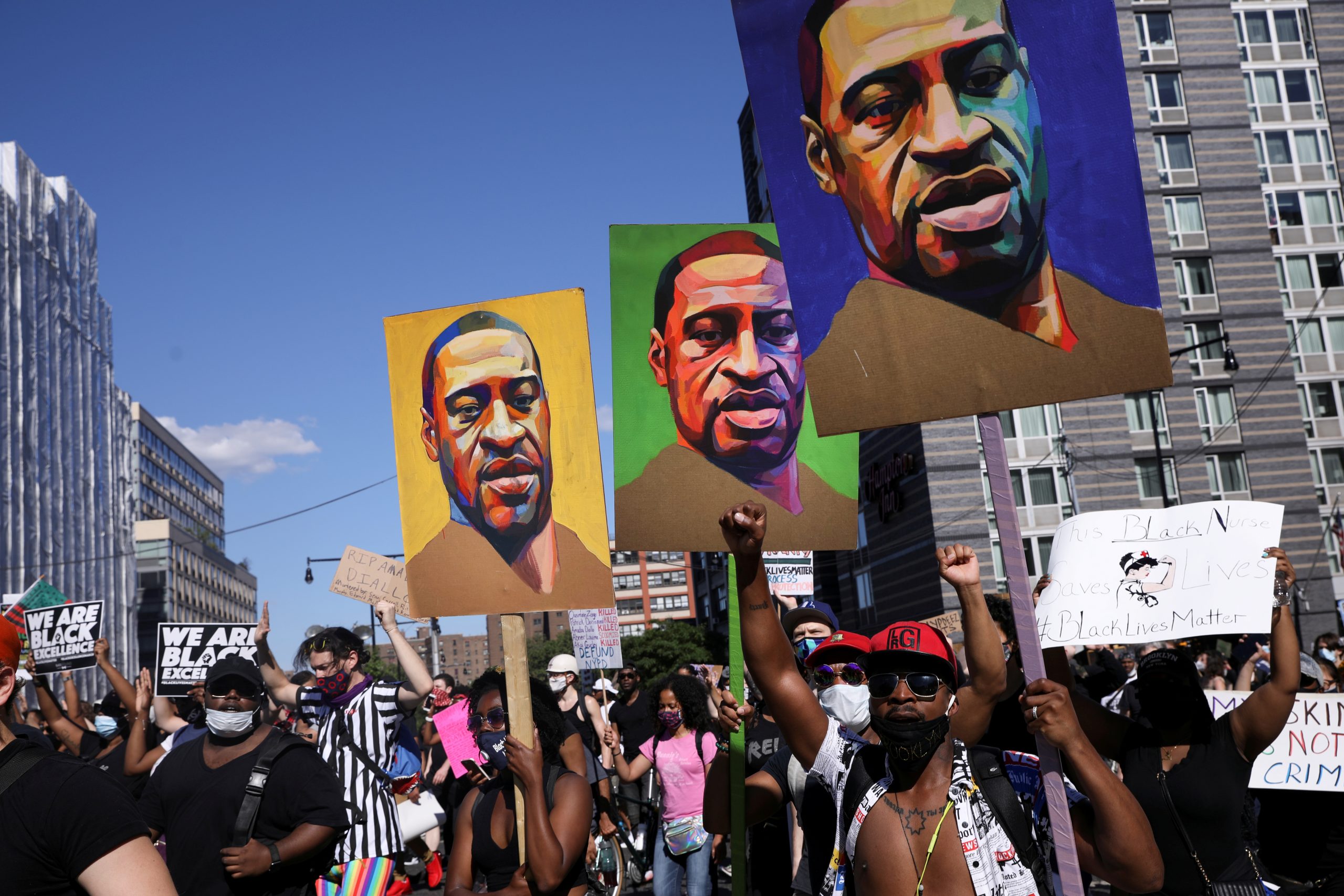President Joe Biden will host the family of George Floyd on Tuesday as his proposed police reform package slogs through Congress.
In a speech to Congress last month, Biden said he wanted to pass the “George Floyd Justice in Policing Act” by the anniversary of Floyd’s death. That’s not going to happen, but Biden’s allies said what matters is the strength of the bill, not the timing, according to Politico.
Biden met with the Floyd family at the man’s funeral in Houston, after his May 25, 2020, death while in custody of the Minneapolis police. Details of Tuesday’s White House meeting were not available, but it’s clear that Biden signing any police reform bill won’t be part of the proceedings.
“My concern is, and I’ve communicated this to the White House, is that we come with a toothless bill to meet a hard deadline,” said Rev. Al Sharpton, the president of the National Action Network. “I’d rather have a bill with teeth late than a toothless bill on time.”
White House press secretary Jen Psaki on Friday said the White House is watching the congressional negotiations over the proposal.
“[A]ll of the negotiators are continuing to press forward on working to find common grand — ground to get this done. The president wants to sign it into law,” she said, according to a White House transcript of her media briefing on Friday.
“And, of course, the anniversary of George Floyd’s death — something that impacted the president personally and deeply, as it impacted millions of Americans, was a moment to call for action, to call for forward movement.”
Psaki said negotiators “by all accounts, are continuing to make progress. They’re continuing to have good discussions, and that is a positive sign.”
“So, you know, we are not going to slow our — slow our efforts to get this done, but we can also be transparent about the fact that it’s going to take a little bit more time — that sometimes that happens and that’s OK,” she said.
When asked about a summer deadline, she replied, “the president wants to sign it into law as quickly as possible.”
Sharpton said he is leery of too much Biden interaction with the process, apparently fearing Biden will be too accommodating to Republicans led by Senate Minority
Leader Mitch McConnell, according to Politico.
“I’d not like this to be a Joe Biden-Mitch McConnell show,” he said, according to Politico.
Some advocates are taking a wait-and-see approach.
“Presidents say a lot of things in their joint addresses and their state of the unions,” said Maurice Mitchell, national director of the progressive Working Families Party and a leader in the Movement for Black Lives coalition.
The proof, he said, is what Biden and Democrats “behind closed doors are willing to spend political capital on.”
One of the issues blocking progress is the elimination of qualified immunity for police. Qualified immunity largely shields police officers from civil suits when they are performing their official duties. Police groups oppose ending it.
Progressive Democrats, on the other hand, want to abolish it.
“We are concerned by recent discussions that the provision ending qualified immunity for local, state, and federal law enforcement may be removed in order to strike a bipartisan deal in the Senate,” said a statement issued last week by a group of 10 Democrats, including Reps. Ayanna Pressley of Massachusetts and Cori Bush of Missouri, according to Politico.
“Given that police violence, as a weapon of structural racism, continues to have devastating and deadly consequences for black and brown lives across our country, we strongly urge you to not only maintain but strengthen the provision eliminating qualified immunity as negotiations in the Senate continue.”
This article appeared originally on The Western Journal.

























 Continue with Google
Continue with Google